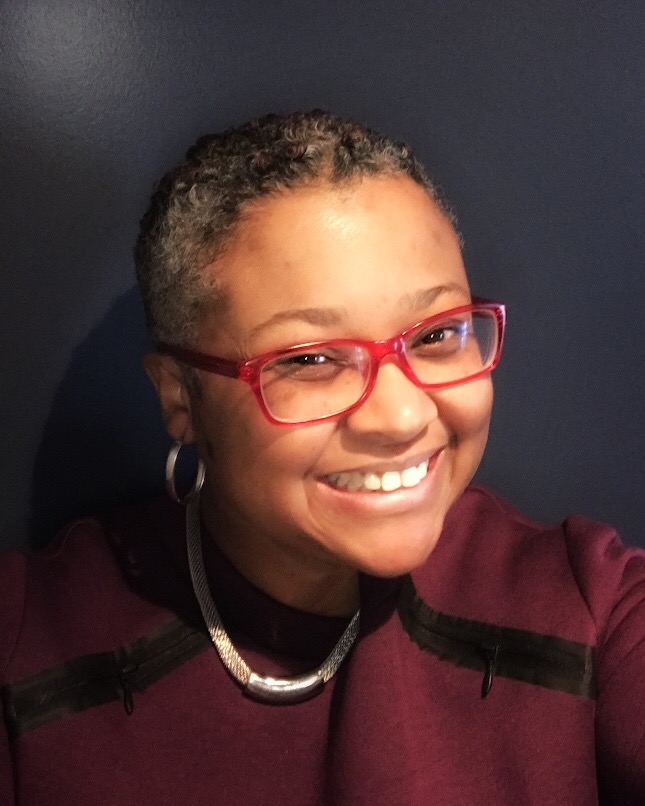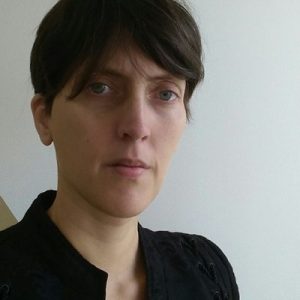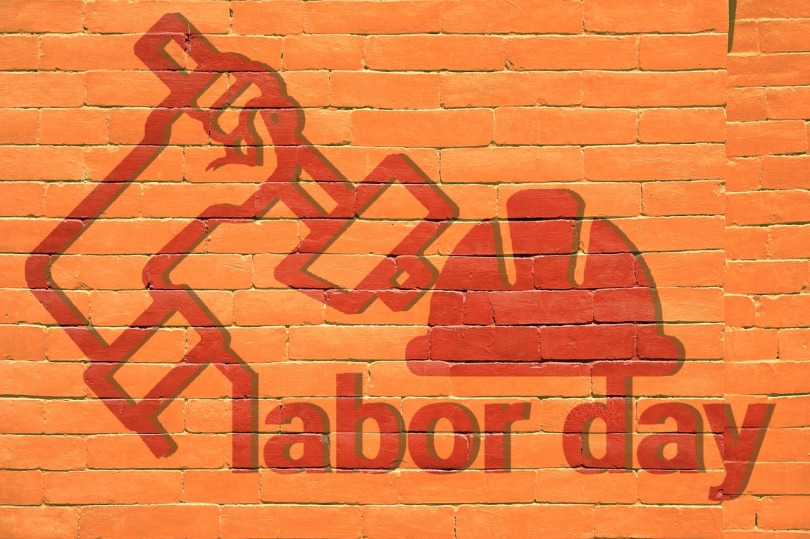It’s been a while between blog posts here on the blog… anything happen since February? I’m now at least belatedly posting link to my interview I did over on the Ronin Institute blog back in August/September with Ronin Research Scholar Michele Battle-Fisher as part of our “Better Know a Ronin Scholar” series. Michele’s fascinating interdisciplinary research spans public health, complex systems and bioethics. We had a wide-ranging conversation, from the failures in our public health system revealed by the COVID-19 pandemic, looking at health systems from a complex systems perspective, and the emerging Black bioethics movement.



 Rebecca Willén
Rebecca Willén 





